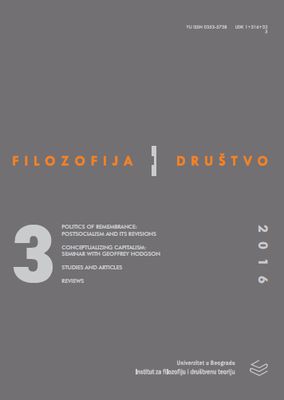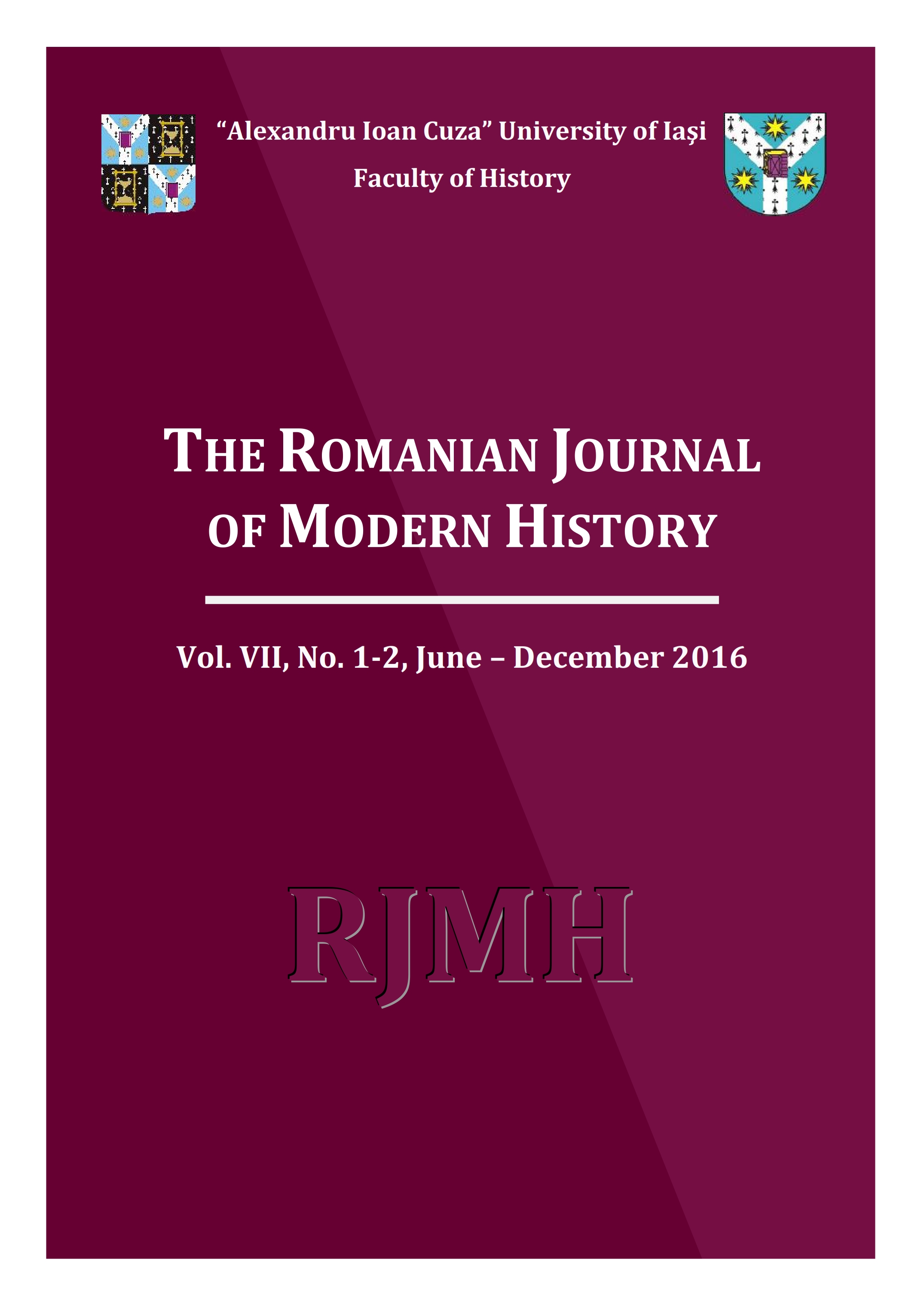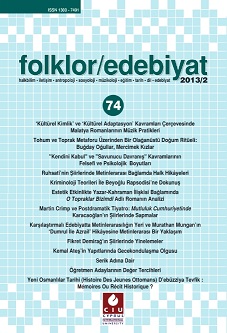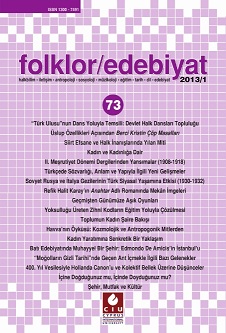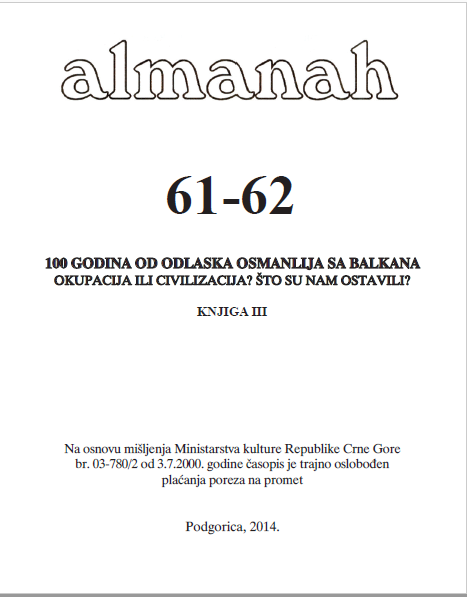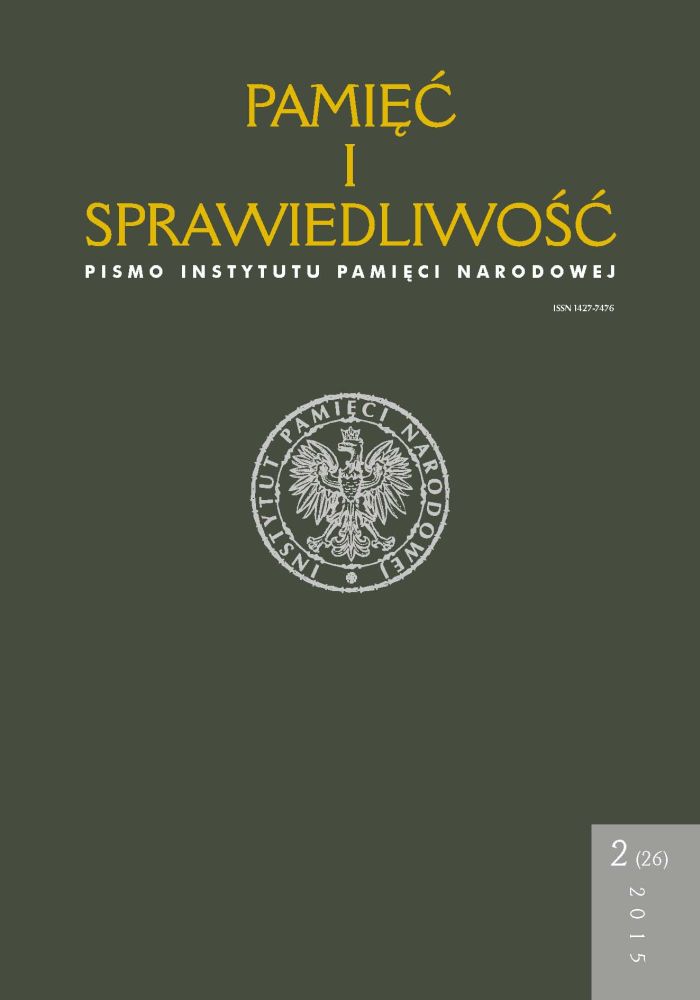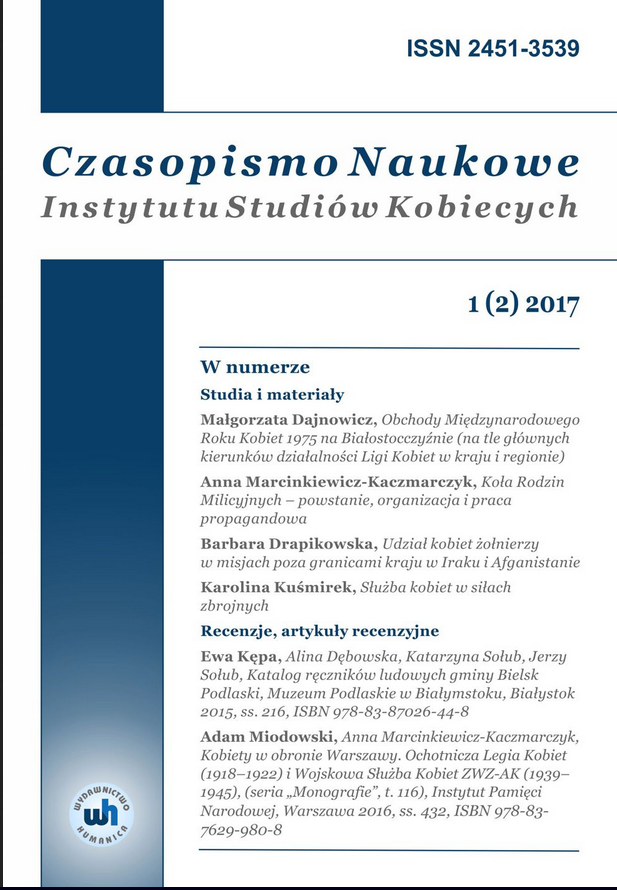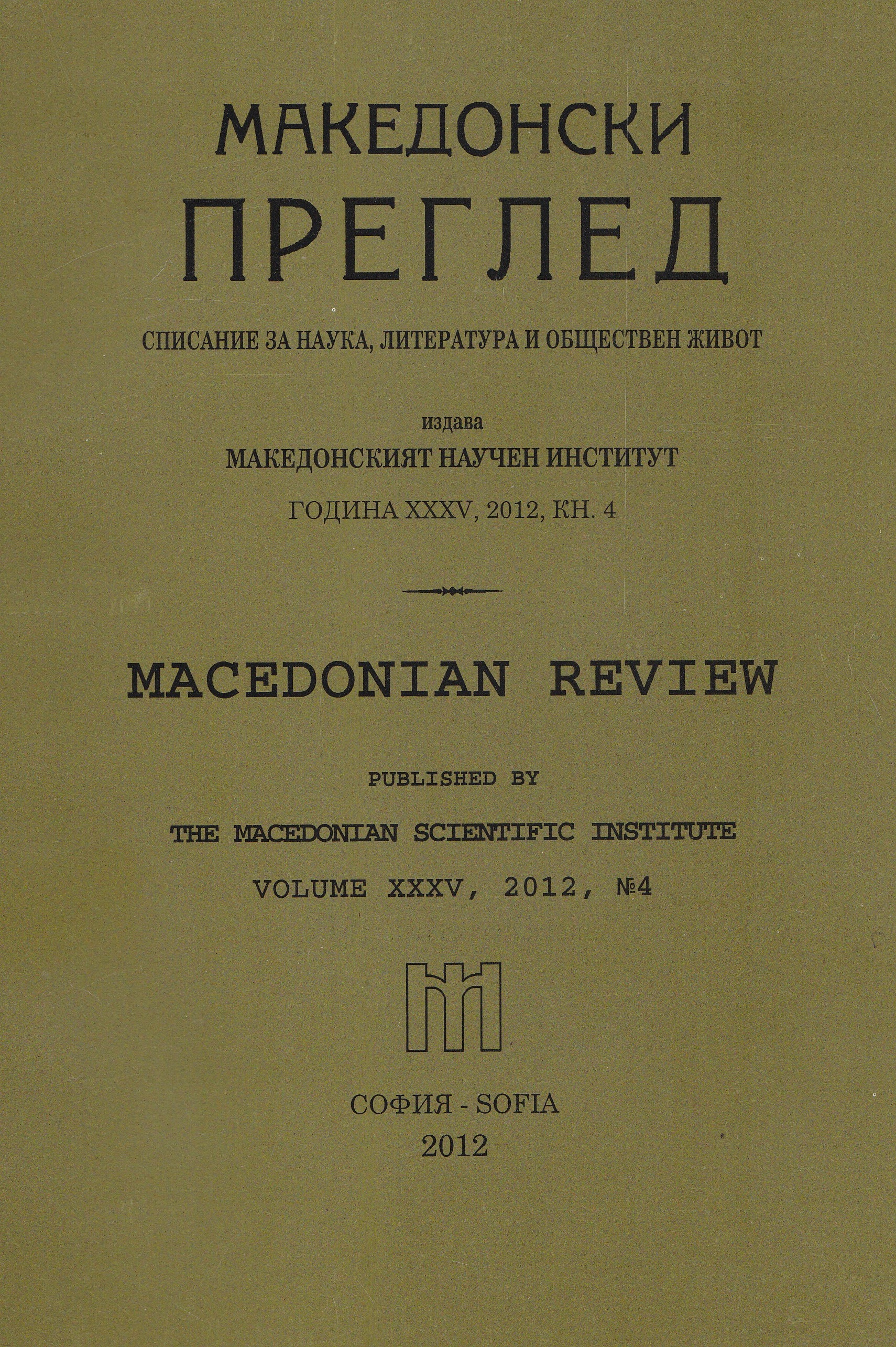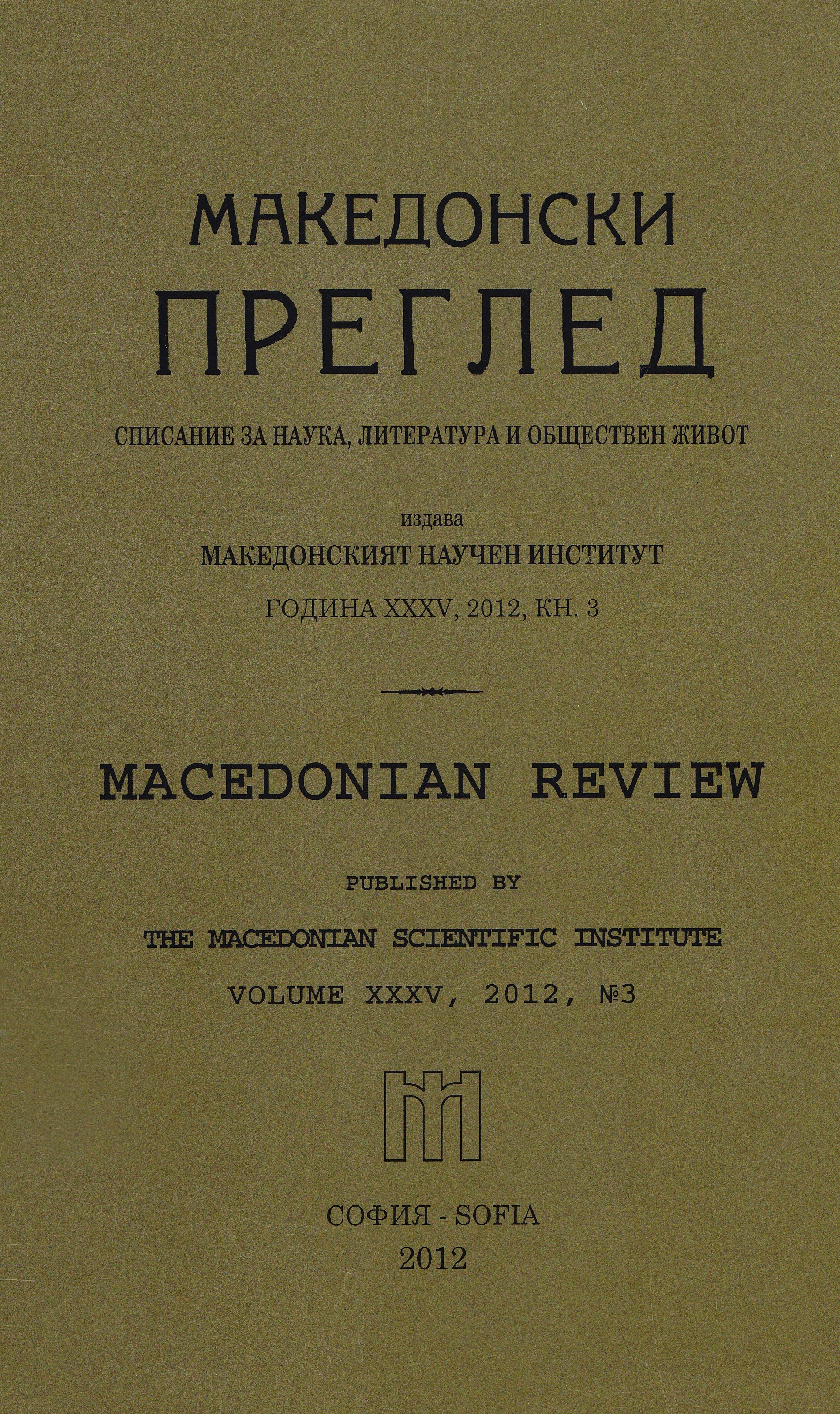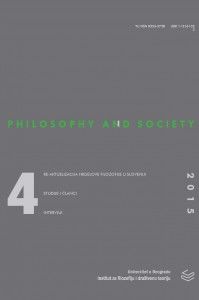
Why Does a Woman’s Deliberative Faculty Have No Authority?
In this paper I will discuss Aristotle’s controversial philosophical views on women. I will critically examine three main interpretations of his claim that women have deliberative faculty “without authority”. According to the first line of interpretation, Aristotle has in mind that women’s incapacity of advice-giving and decision-making in public affairs are determined by conventions in the political context of his time. I will attempt to point out the disadvantages of this kind of interpretation. Furthermore, I will put forward the reasons why is implausible the more recent interpretation, given by Marguerite Deslauriers. According to her reading, the lack of authority of deliberative faculty in women means nothing else than the tasks over which women have authority are for the purpose of the tasks put forth by men. The prevailing interpretation among scholars is that, in Aristotle’s view, women are naturally inferior to men, due to the fact that they are all too frequently overruled by the irrational “forces” of their nature. I will argue that this line of interpretation elucidates what Aristotle presumably has in mind, although it makes his account of women and their rationality, if not inconclusive, then indisputably problematic. In other words, I attempt to prove that, if the prevailing line of interpretation is correct, such view of women produces some philosophically “insurmountable” problems for Aristotle. The aim of the last section of the paper is to point out how some of these problems could eventually be resolved.
More...
